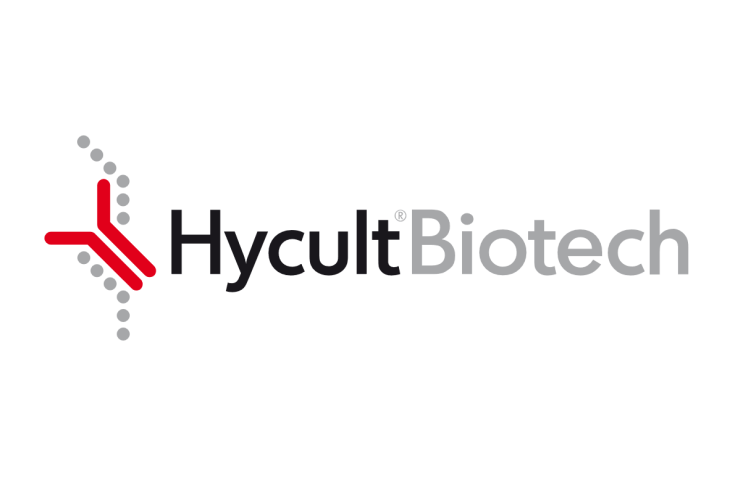The monoclonal antibody 7E9 recognizes mouse complement receptors type 1 (CR1) and 2 (CR2). CR1 and CR2 are cell surface glycoproteins that are capable of binding to activation fragments of the third and/or fourth complement components (C3 and/or C4). They play a role in the clearance of immune-complexes, phagocytosis, complement regulation, and immunoregulation. Mouse CR1 (MCR1, 190 kD) is found on the surface of B-lymphocytes, follicular dendritic cells and at lower levels on peritoneal macrophages and activated granulocytes. MRC1 has binding activity for C3b and serves as a cofactor for factor I-mediated cleavage of C3b. Mouse CR2 (MCR2, 150 kD) is a type I transmembrane glycoprotein that binds complement fragments (C3d(g), iC3b) and interferon (IFN)-alpha. MCR2 is expressed on B-lymphocytes and probably on follicular dendritic cells. On human B lymphocytes it acts as the Epstein-Barr virus (EBV) receptor. MCR2 mediates the formation of rosettes between B-lymphocytes and E-bearing Crd. MCR1 and MRC2 are very closely related. They are both products of a single gene, Cr2, formed by alternative splicing of mRNA. MCR2 corresponds to the carboxy-terminal portion of MCR1. This is in contrast with human CR1 (CD35) and CR2. The monoclonal antibody 7E9 does not inhibit rosette formation between 2PK3 cells and Crd-coated SRBC indicator cells.
Do you have any questions about this product?
Order your product by email
Productname
CR1/CR2, Mouse, mAb 7E9
HM1112-100UG
By filling out this form, you are placing an order by e-mail. You will receive an order confirmation within one working day. The order cannot be modified after receipt of the order confirmation.
Request a sample
Productname
CR1/CR2, Mouse, mAb 7E9
HM1112-100UG
By filling out this form, you request a sample. You will receive an order confirmation within one working day. The order cannot be modified after receipt of the order confirmation.
Are you looking for specific products, alternatives or documentation?











